Spoonbill fledglings first in Norfolk Broads for 400 years
- Published
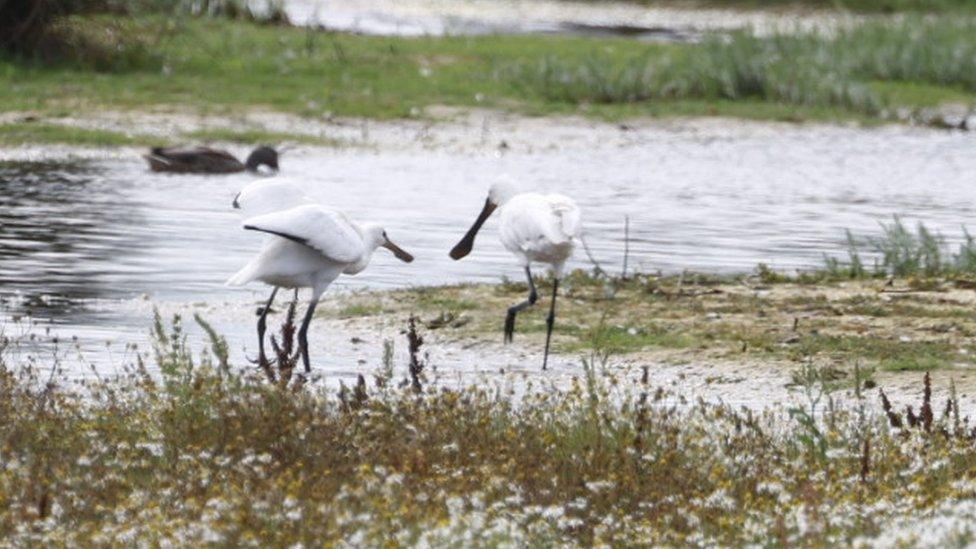
A spoonbill with its fledged chick, which is believed to be the first breeding success in The Broads since the 17th Century
Spoonbill fledglings at a nature reserve are believed to be the first known breeding success in the Norfolk Broads for about 400 years.
The chicks were the first successful hatchlings at Hickling Broad, which has been a haven for the species in recent years, Norfolk Wildlife Trust said.
It is believed that there are just eight breeding sites in England.
The trust's Robert Smith said it had been a "privilege" to monitor the birds over the past few years.
"Now we can officially celebrate the return of a former lost breeding species to the Broadland landscape with the first fledged spoonbill here since the mid-17th Century," he added.
"Watching the fledgling flying around the reserve and hearing its trilling begging call as it pesters its parents for food is a truly wonderful sight and sound.
"It shows that our work to enhance the habitats on our reserves, and across Norfolk, is hugely important to the survival of our wildlife, including visitors such as the spoonbill."
The spoonbill is a large white heron-like wading bird that stands at three feet tall and has a wingspan of 4ft (1.2m).
It gets its name from its long bill, which has a flat spoon-shaped tip.
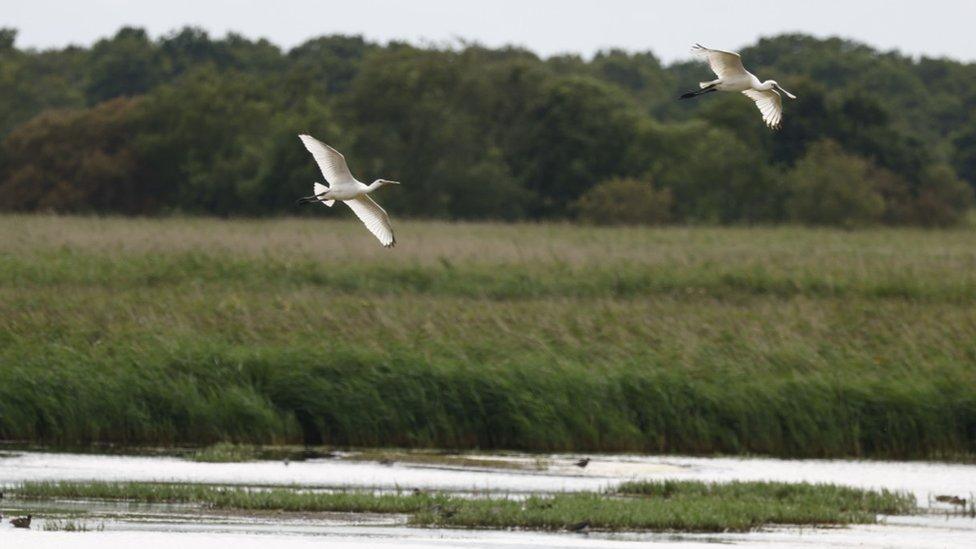
The species is of European conservation concern and a very rare breeding bird in the UK.
Fledglings - known affectionately as teaspoons, on account of their shorter bills - can also be identified by the black in their wing tips.
The youngsters at Hickling will commute between their nest in the trees and the pool at first, then move further afield when brave enough, before the family leave the nest for good and depart south, Norfolk Wildlife Trust said.
Poole Harbour in Dorset is a key wintering spot for Norfolk breeding spoonbills.

Follow East of England news on Facebook, external, Instagram, external and Twitter, external. Got a story? Email eastofenglandnews@bbc.co.uk, external or WhatsApp us on 0800 169 1830
- Published19 July 2023
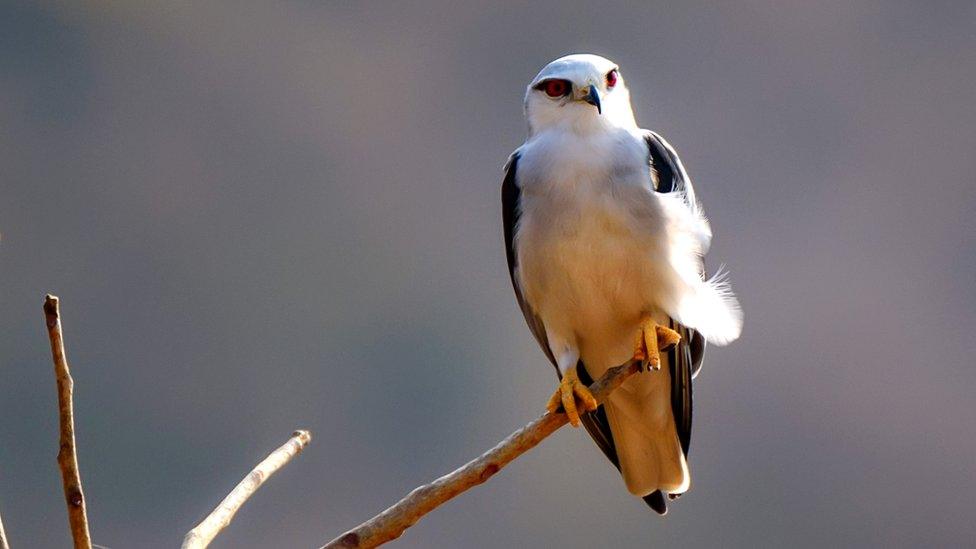
- Published16 June 2023
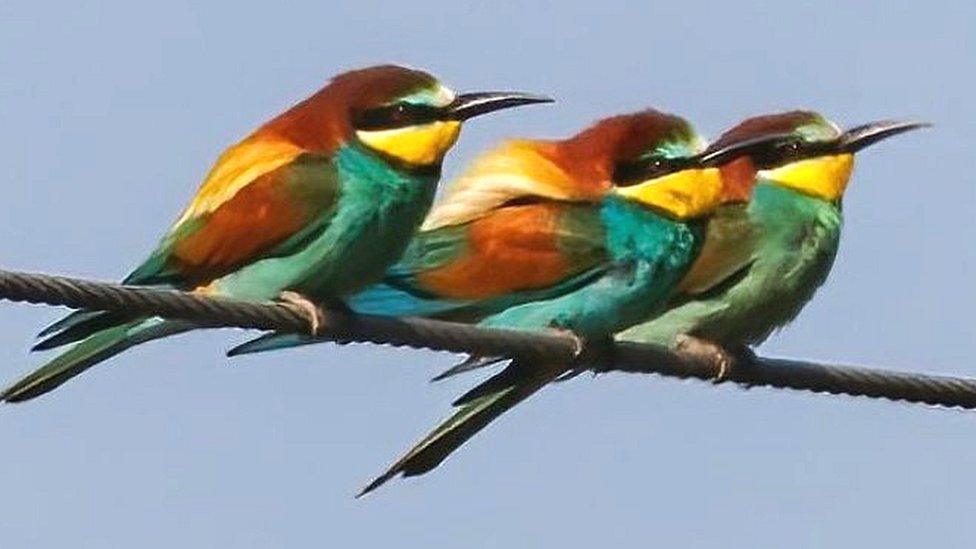
- Published6 April 2021
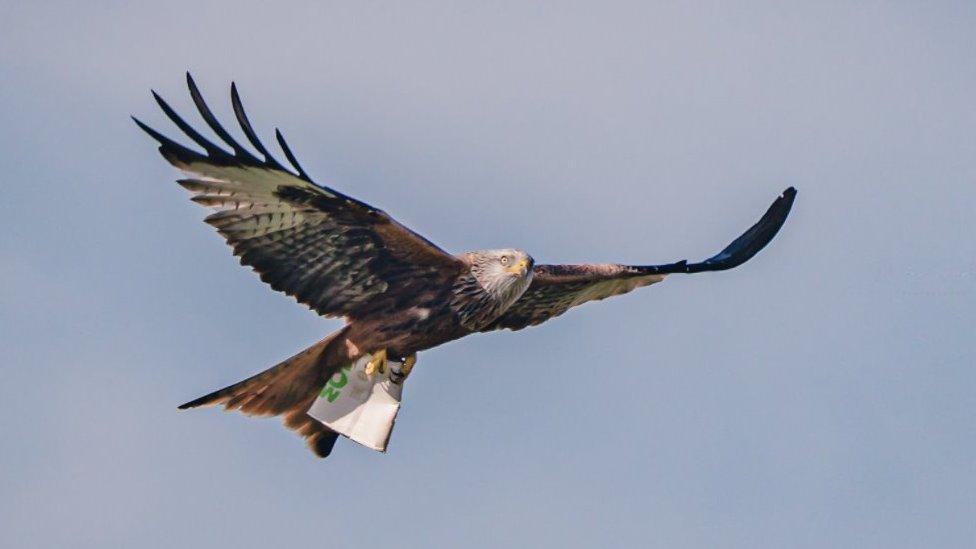
- Published13 March 2019
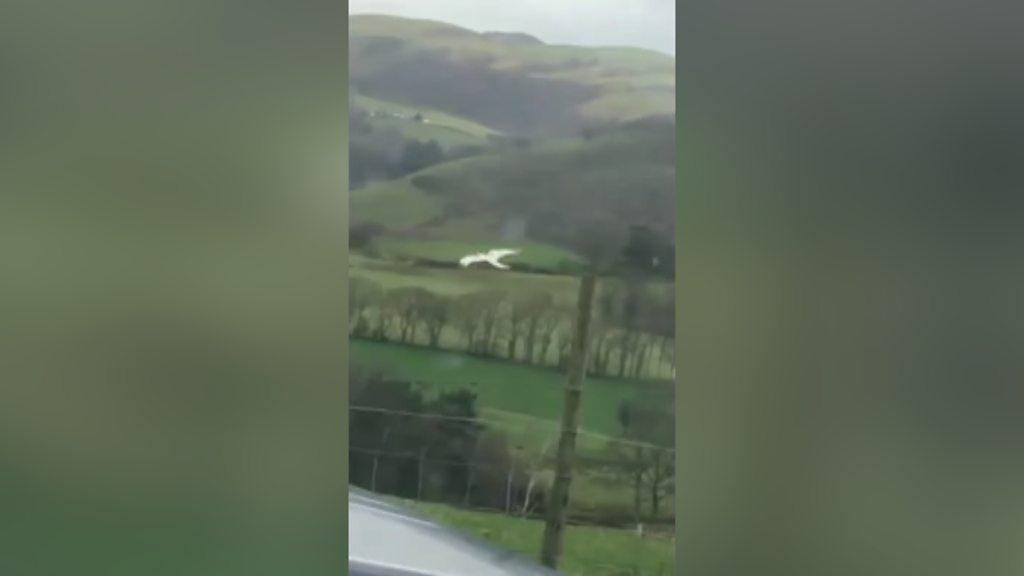
- Published15 March 2015
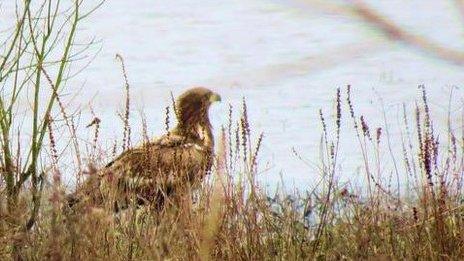
- Published25 April 2014
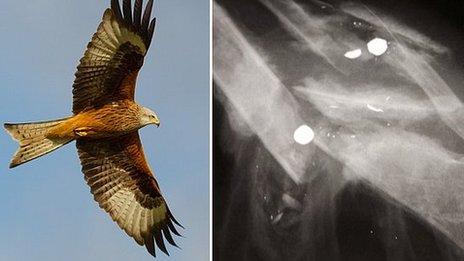
- Published1 August 2014
.jpg)